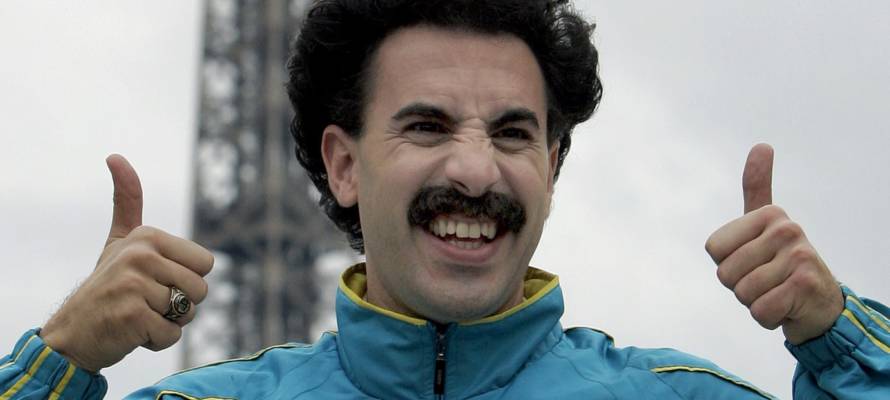The song promotes the false accusation that the Jews are responsible for Jesus’ death.
By Pesach Benson, United With Israel
Despite protests from local Jews, men in the eastern Dutch town of Ootmarsum continue to parade through the streets singing an Easter carol with antisemitic lyrics, the Jewish Telegraphic Agency reported on Thursday.
In a tradition dating back to the 19th century, eight carolers wearing raincoats walk in a procession throughout the the town singing carols on the first and second days of Easter. Copies of the lyrics are freely distributed to passersby.
Adding further fuel to the controversy, the oldest of the carolers is nicknamed “the Judas” and is the group’s “treasurer.”
The song in question denounces “the Jews who with their false council sacrificed Jesus on the cross,” according to JTA.
Interviewed by Tubantia, a Dutch news site, Dutch Rabbi Lody van der Kamp described the carol’s tradition as “unfathomable.”
“It is beyond me how the residents of Ootmarsum can sing along to this knowing the history of their city,” where four Jews were gunned down during the Holocaust, Rabbi van der Kamp said.
Asked by Tubantia for a comment, lead singer Jan Veldboer only said, “We discussed it ad nauseam 40 years ago.”
According to the JTA, Veldboer was referring to a modification in the lyrics made in 1967. In 1968, the word “Jews” was changed to “people,” but the following year the original lyrics returned and have been used ever since.
The Catholic Church’s 1965 publication of Nostra Aetate represented an unequivocal statement that the Jewish people should not be held responsible for the death of Jesus. The document also overturned centuries of teachings that insisted God held the Jewish people “in contempt.”
The Dutch lyrics are relatively mild compared to a controversy over a 2013 Romanian Christmas carol.
The carol, which was aired on Romanian national television, featured the lyrics, “A beautiful child was born / His name was Jesus Christ / All the world worships Him / But the kikes / Damn kikes / Holy God would not leave the kike alive / Either in the sky or on the Earth / Only in the chimney as smoke / This is what the kike is good for / To make kike smoke through the chimney on the street.”
The persistence of antisemitic folk songs was a theme in the material of comedian Sacha Baron Cohen’s Borat character. In a scene typical of the character’s skits, Borat convinced townspeople to sing along to a song that implored them to “throw the Jew down the well” so their country “can be free.” Whether or not the people were aware the song was a joke remains to be seen.
While Cohen’s Borat character lampooned people’s willingness to engage in antisemitic stereotypes, European towns such as Ootmarsum continue traditions that promote Jew-hatred. An annual parade in the Belgian city of Aalst, for instance, includes floats displaying bulbous-nosed Jewish puppets standing on money bags, marchers dressed in Klu Klux Klan costumes, and young Europeans donning blackface makeup.
Ahead of the parade in 2020, the event was promoted with a series of virulently anti-Semitic images.
